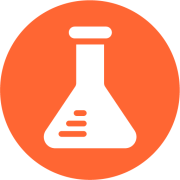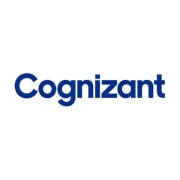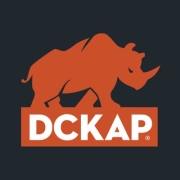Test Management Tools streamline the testing process by managing test cases, planning, and execution, ensuring high-quality software delivery.
These tools are designed to assist QA teams in organizing testing activities, tracking defects, and improving collaboration across development teams. Users appreciate the flexibility and integration capabilities, making it easier to incorporate testing into the development lifecycle.
What are key features?Industries such as healthcare, finance, and retail implement Test Management Tools to meet stringent regulatory requirements and deliver reliable software products. Customizable workflows and seamless integration with existing systems are common needs.
Organizations find this category helpful in maintaining control over the testing process, reducing risks and ensuring that software releases meet quality standards. These tools support continuous improvement in testing practices, which is essential in a fast-paced development environment.












































Test Management Tools streamline the entire testing process by organizing test cases, automating repetitive tasks, and tracking defects in real-time. You can ensure comprehensive test coverage and reduce human errors. These tools facilitate continuous integration and delivery, enhancing software quality and reliability. Thorough testing helps in early detection of bugs, saving time and costs related to post-production fixes.
What features should I look for in Test Management Tools?When choosing Test Management Tools, prioritize features like comprehensive test case management, integration with CI/CD pipelines, real-time reporting, and collaboration tools. Look for tools that offer automated test execution, defect tracking, and support for various testing methodologies. User-friendly interfaces and robust customer support are also crucial for seamless adoption and operation.
Can Test Management Tools integrate with other DevOps tools?Yes, most modern Test Management Tools offer integration capabilities with popular DevOps tools such as Jenkins, JIRA, GitHub, and Docker. These integrations enable a seamless flow of information across your development and testing environments. This connectivity helps in automating workflows, improving communication between teams, and speeding up the development lifecycle.
How do Test Management Tools support agile methodologies?Test Management Tools support agile methodologies by offering features tailored for iterative development and continuous feedback. These tools allow you to quickly create, modify, and execute test cases in sprints. They also enable collaboration and visibility across cross-functional teams, ensuring that test cycles are aligned with agile practices. Automated reporting and real-time analytics help in adapting tests based on user stories and acceptance criteria.
What are the cost implications of implementing Test Management Tools?The cost of implementing Test Management Tools varies based on the features, number of users, and level of integration required. While there are upfront costs for licenses, subscription fees, or on-premise installations, many tools offer scalable pricing models. Although investment is required, the long-term financial benefits include reduced time to market, improved product quality, and minimized costs associated with defects and maintenance.